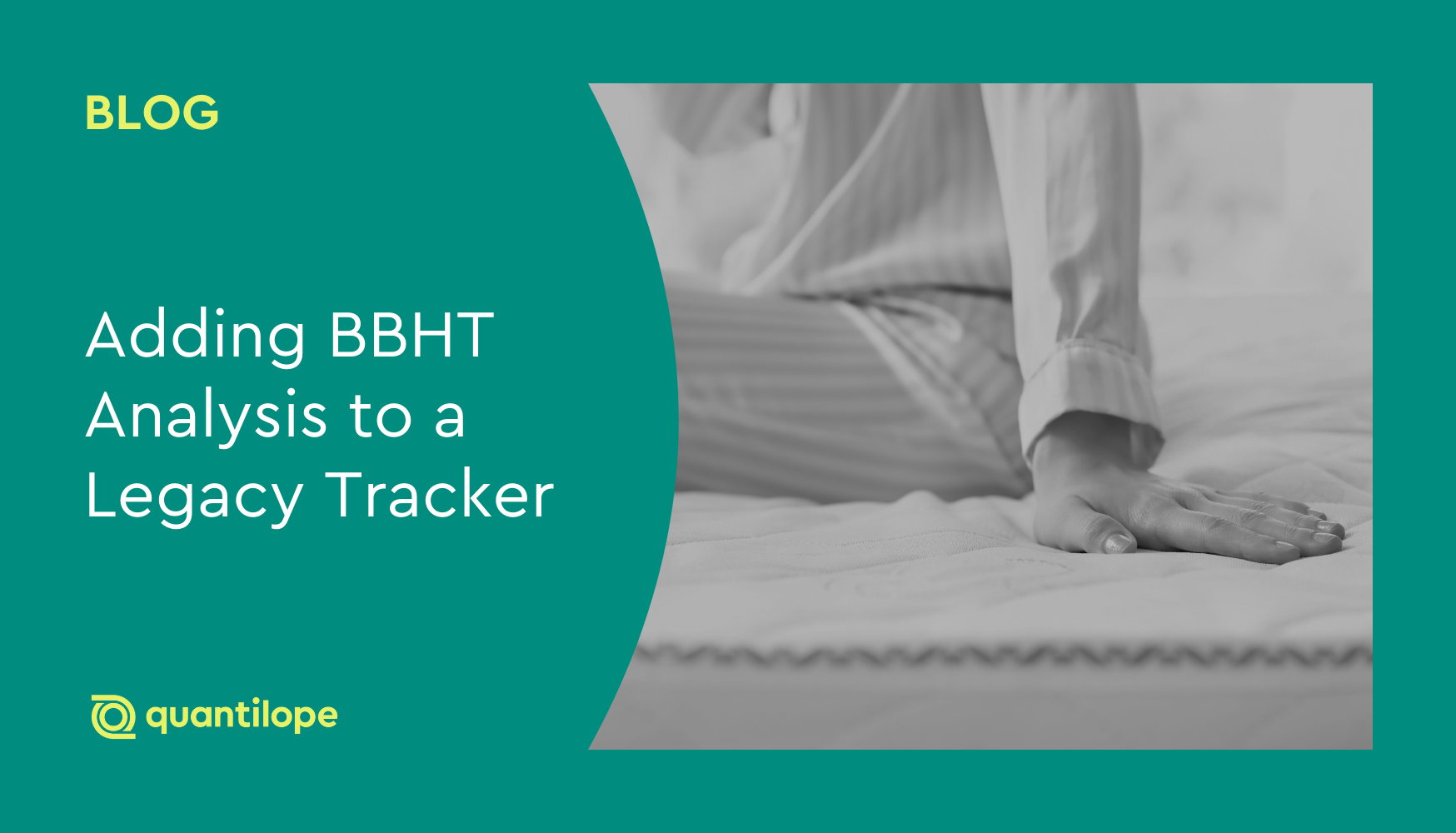quantilope's Direct-to-Consumer (DTC) mattress tracking study started in 2019 as a way to understand how consumers were shopping for mattresses and which brands were top of mind. Knowing that the Better Brand Health Tracking (BBHT) approach provides brands with more strategic and actionable findings than most traditional trackers alone, we've added in BBHT's Mental Advantage analysis to this legacy tracker in wave 7.
About quantilope’s Better Brand Health Tracking solution:
Based on the work of the Ehrenberg-Bass Institute for Marketing Science, quantilope's BBHT solution is built on the well-respected industry concepts of Category Entry Points, Mental Availability, and Mental Advantage analysis. By learning why, when, and where consumers think about shopping in your category (Category Entry Points), which brands come to mind in those instances (Mental Availability), and which brands perform better or worse than expected (Mental Advantage) you're left with actionable takeaways to grow and future-proof your brand.
Adding BBHT metrics to an existing tracking study
For brands that have been running a traditional brand tracking study for years, but are interested in a modernized brand health tracking approach, they don't necessarily need to start from scratch. As shown through quantilope's DTC mattress tracker (which has been running since 2019), modernized brand tracking software allows BBHT analyses to be added into legacy brand tracking surveys at any time, simply by adding some new multi-matrix questions to the study.
Mental Advantage analysis
In the case of quantilope's DTC tracker, we opted to add in Mental Advantage analysis to understand which mattress brands were performing better or worse than expected. The cool part about Better Brand Health Tracking's Mental Advantage analysis is that (unlike most traditional trackers which measure brand equity, brand value, and funnel metrics) it can account for brand size and how 'prototypical' the attributes tested are for the category. Because Mental Advantage analysis accounts for these factors, it essentially 'levels the playing field', creating a fairer comparison between brand insights.
For example, larger industry names are simply more likely to be recalled, potentially inflating perceived associations even if those associations aren't particularly strong. The same goes for attributes/Category Entry Points (CEPs) that are inherently associated with the category, like 'comfortable' might be for mattresses; an association like 'comfortable' is more likely to be associated with most mattress brands, simply because it's an expectation within the category. Fortunately, Mental Advantage analysis takes these factors into account to help brands realize unique, impactful next steps for future growth.
To learn more about adding BBHT metrics and analyses into your existing trackers, or to explore quantilope's DTC mattress findings in detail, download your dashboard below!





